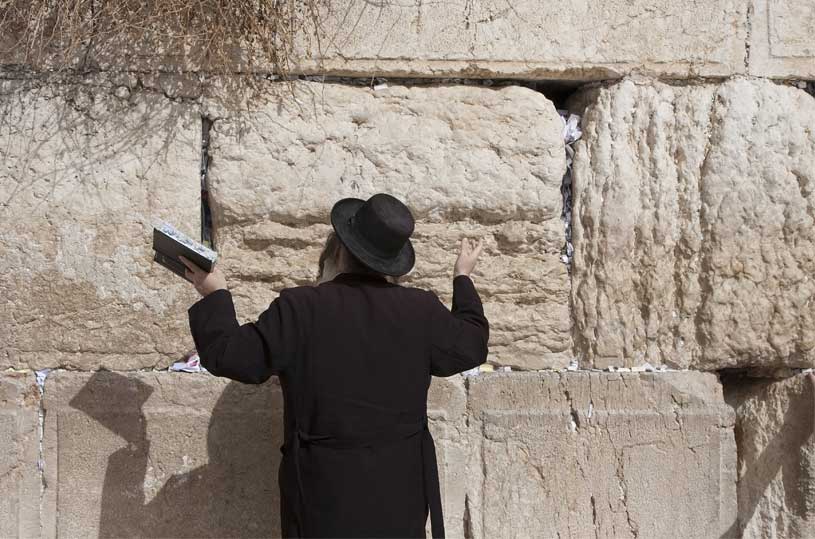
Elul marks the beginning of the countdown towards the Yamim Noraim (High Holy Days). What is the significance of this month? The Ramchal writes that time does not progress in a linear fashion, in which each moment of history is completely unrelated to all the moments that follow. Rather, it moves forward like a spiral, in which each revolution corresponds to the passing of a complete year. This means that the spiritual forces available on any given date are in fact available every year on that same date. For example, just as on Rosh Hashanah Adam HaRishon was created, so too, every year on this day we have the potential for being re-created. What does the month of Elul correspond to in history? The Bnei Yissaschar writes that it corresponds to the period before creation, when G-d's Will to do good to another, to give of Himself and thus to create the world, was all that there was. Accordingly, in the month of Elul G-d is ready to give to those who are willing to receive. Thus these days are called 'yemai ratzon', literally 'days of desire', when G-d's desire for us to receive the true good – coming close to Him – is manifest more than at any other time of year.
It follows that Elul is the time of year when genuine growth is most readily attainable. In what way should a person strive to make real changes during this period? In order to answer this question, it is first necessary to discuss the incorrect ways of approaching teshuvah (repentance). Often, a person does little genuine contemplation about what is holding him back before Yom Kippur. When that holy day arrives, he suffices with apologizing for his sins, and makes no concrete plan of how to avoid committing them in the future. Inevitably, the day after Yom Kippur he returns to his old ways, having missed the opportunity to make any real change.
A more pro-active approach is to take on a small kabbalah (undertaking). For example, one could commit to pray from a siddur instead of praying by heart. However, my Rebbe, Rav Yitzchak Berkovits shlita, argues that such undertakings can distract a person from tackling those things that really prevent him from coming closer to G-d. It is also praiseworthy to learn sefarim that discuss teshuvah. However, it is not sufficient merely to learn about teshuvah – one must actively do teshuvah.
Rav Berkovits offers a more effective approach to teshuvah. He explains that in Elul a person has the rare opportunity to analyze himself and try to understand himself, as well as to identify those factors that prevent him from fulfilling his true potential. In order to do teshuvah properly during the Aseres Yemai Teshuvah, it is essential that he begins this cheshbon hanefesh early in Elul. He should not wait until Rosh HaShanah to start thinking about how he can change.
It is not sufficient merely to identify the sins that he commits. The Vilna Gaon writes that middos (character traits) lie at the root of every aveirah and mitzvah. Accordingly, each person must try to identify the underlying midos that cause him to stray from the ideal path. Often, one particular middah causes a large variety of sins. For example, a person may notice that he fails to rise on time for Shacharis, wastes too much time, and becomes frustrated with those around him very easily, causing him to speak to them in an overly harsh manner. It is conceivable that all these failings stem from the middah of laziness, or the desire for comfort. It is understandable how laziness causes a person to struggle to arise in the morning and to waste time. However, laziness can also be the cause of frustration with others. Frustration comes about when things do not turn out the way a person would have liked, which is usually the way that is most comfortable for him. Therefore, if other people cause things to turn out in a way that is uncomfortable for him, he feels that they are causing him a lack of comfort. Consequently, he becomes frustrated with them. Once he has identified a particular middah as the cause of his failings, he must then make a detailed plan of how to change it.
Elul is a time of great opportunity, and yet it is also a time of great fear. The Pirkei DeRebbe Eliezer tells us that we blow the shofar during Elul to demonstrate the fear that we feel as we approach the Yamim Noraim. What is the reason for this fear during Elul? Rav Avraham Grodzinski zt”l explains that the fear of Elul is the fear of missing the great opportunity presented to us. It is at this time of year that one can truly succeed in bringing oneself back to G-d. May we all merit to utilize this golden opportunity and make real, lasting changes.
From the book “A Light in Time”
